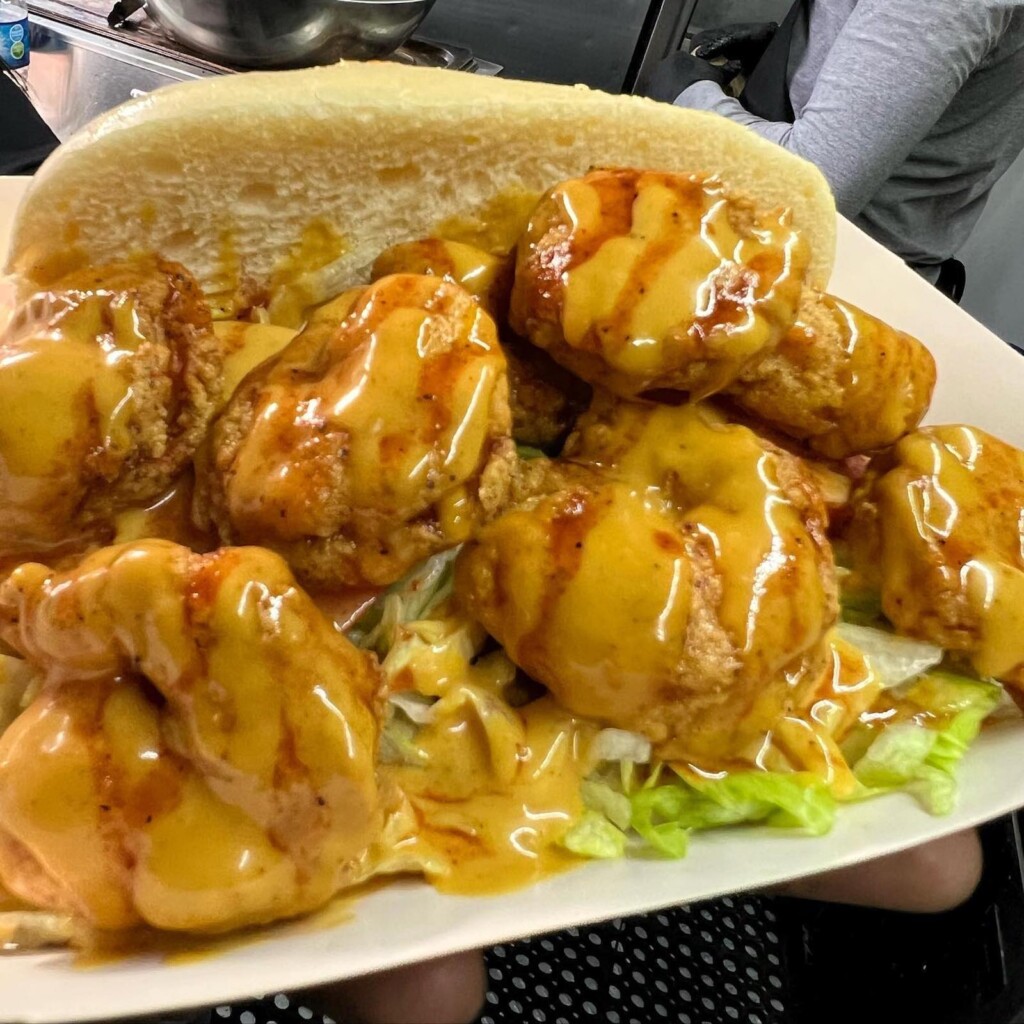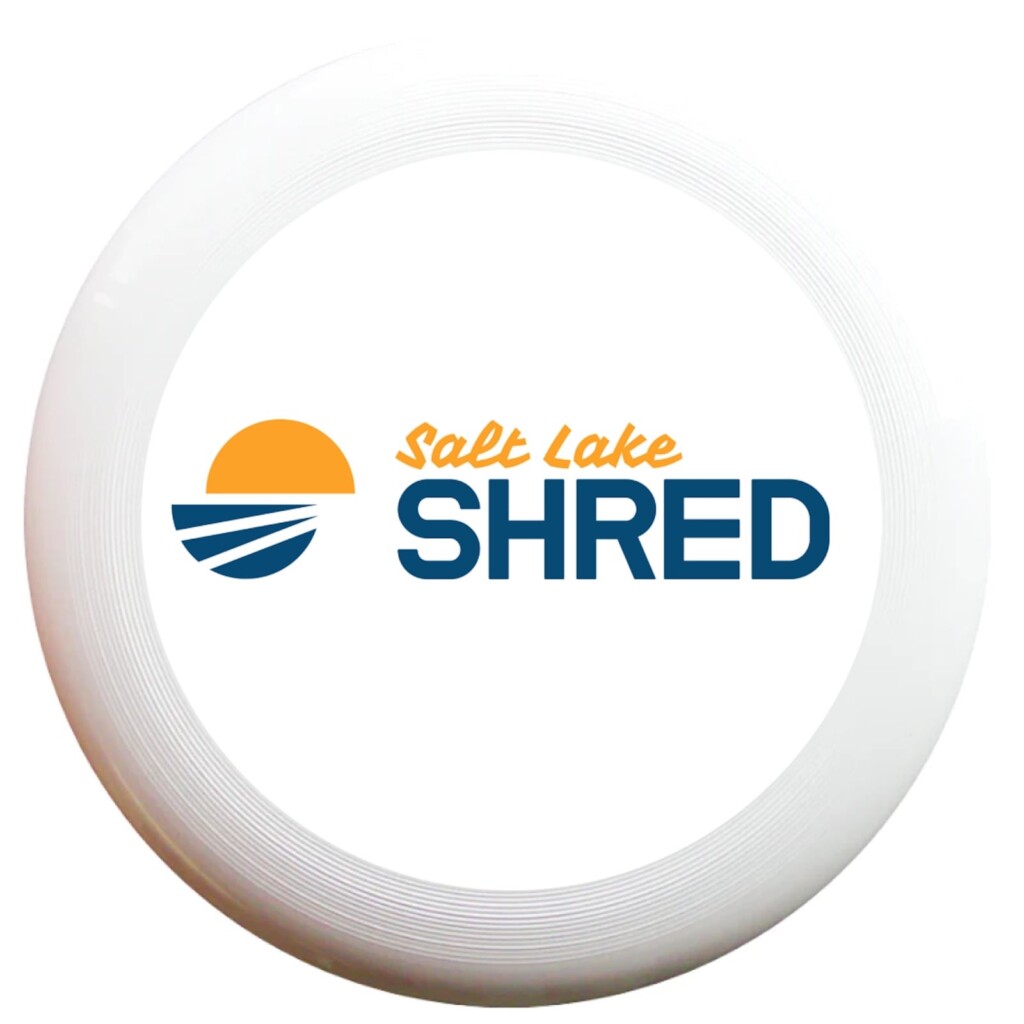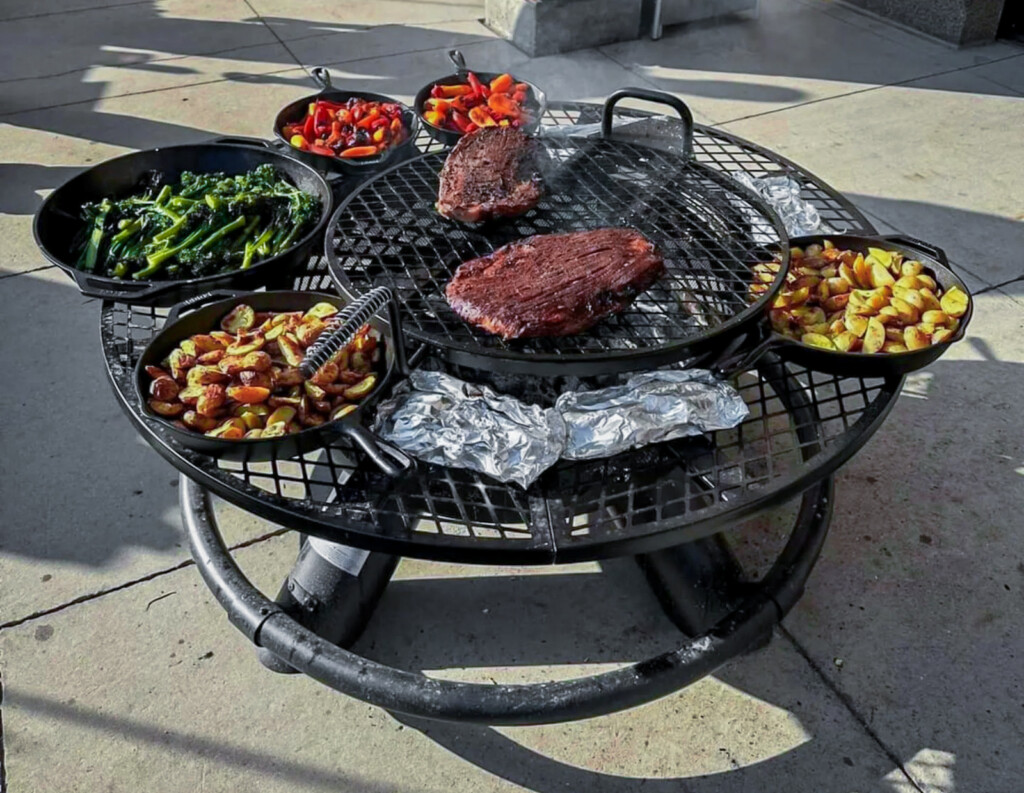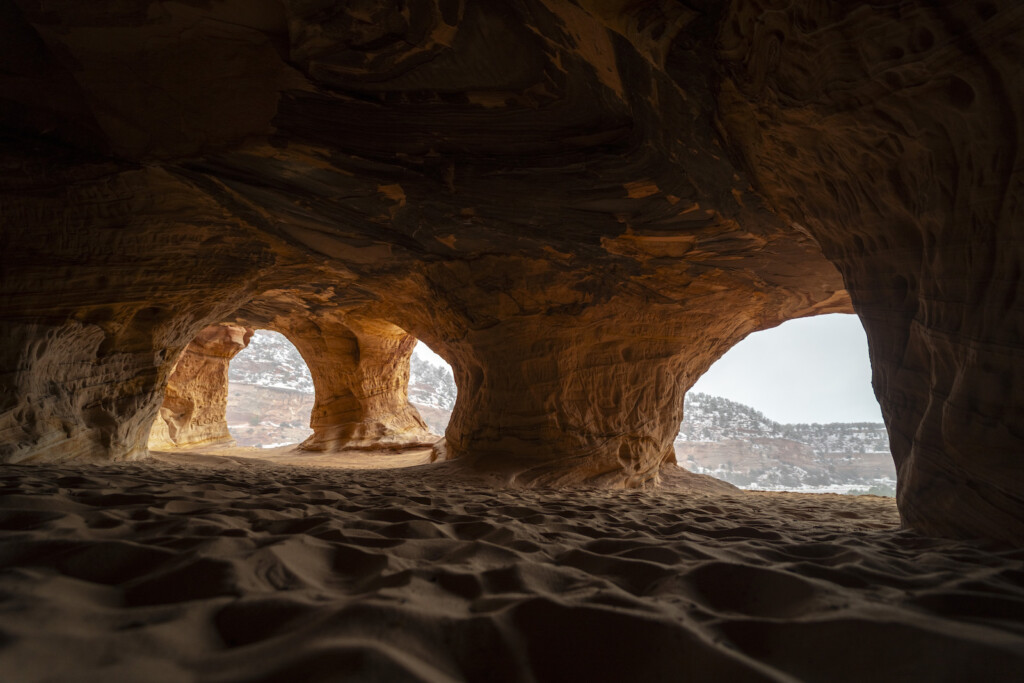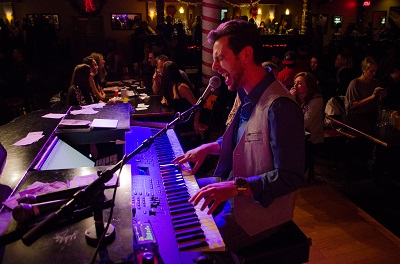
A high school senior excursion changed the course of George Hasenohrl’s life. During the trip, he and some friends snuck into a dueling piano bar. He watched as the players pounded out Billy Joel and Elton John songs. He knew right then that he needed to learn how to do that.
Hasenohrl, who uses the stage name George Kelly, says, “I always wanted to be a performer. In high school I wanted to be an actor and so I did all the school plays, including the musicals.” People told him he had a “voice” one he describes as similar to Josh Groban’s, “a big voice coming out of a skinny white kid.” He shifted his focus from acting to singing. Then came the senior trip and he started to learn piano.
His goal, at first, wasn’t to work in a dueling piano bar, but to be good enough to be “that guy at a party.” He started to learn from a book called, How to Use a Fake Book.The book teaches by using chord progressions rather than notes. It contains about 300 songs with a song per page, whittled down to the basics. According to Hasenohrl, it taught him how to play by ear.
Then fate stepped in again. During the Olympic, a dueling piano bar called the Tavernacle Social Club opened in downtown Salt Lake. Hasenohrl was taking business classes at the nearby University of Utah at the time. His friends told him he was better than people performing at the new club. at first, George was intimidated because he’d mastered only one or two songs, while the piano players at Tavernacle knew hundreds. But with coaxing from his friends he went on stage one night to play.
The owner was impressed and asked if he could do it again, offering him a job on a weeknight. After just his first performance he was “promoted” to weekends.
The dueling piano experience is very interactive and audience participation is a must. The audience requests songs with a tip and then the songs are played in order of how much money accompanies the request. The duel comes in when someone decides they want a different song and offers a bigger tip for the piano player to change songs. The original requestor can up the ante to keep his song going.
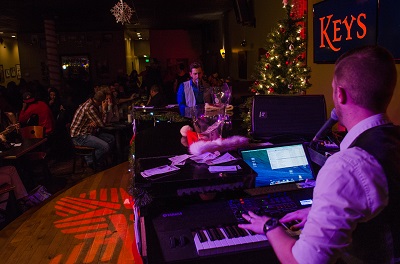
It was one to two years before Hasenohrl was able to perform without panicking. The confidence came as he learned new songs, averaging five to six songs a day until it was a rare occurrence for the audience to stump him with a song request. He feels he started late learning piano, but caught up by playing 4 to 6 hours a day. It wasn’t a chore, but something he loved.
Working at Tavernacle was great, but George decided he wanted to do more than play piano. He offered to buy Tavernacle. The owner wasn’t interested in selling, so Hasenohrl found a spot on Main Street, signed a lease, and after renovating for a year he opened Keys on Main in 2008. Looking back he says, “It was a little insane, but ultimately a wise decision.” A friend started calling him Desi Arnaz, the guy who opened a club so he could perform.
The nights that make it all worth while are the nights when everything “hits the mark.” The audience gets it, the drinks stop for a moment and everything and everyone is connected. He says it happens maybe once or twice a year. It’s a feeling that comes to lucky performers.
Hasenohrl is proud of the success he’s found with Keys on Main, but sometimes still longs for “something other than being the background for someone else’s experience. As an artist I still dream of performing on a big stage with an audience that are there to see me and hear my music.”
George performs on Fri/Sat nights. Keys on Main, 242 So. Main Street, Salt Lake City Open Tues – Sat, 7 pm-1 am
801 363-3638
Story by Connie Lewis


